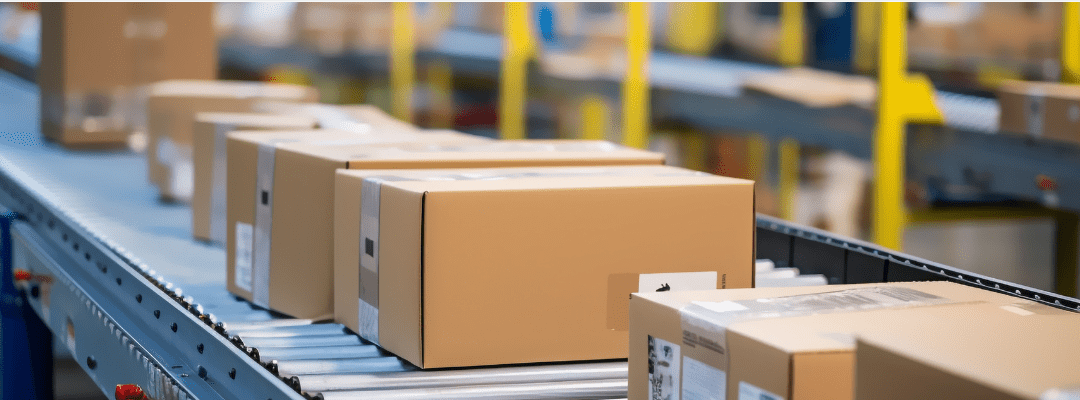The pandemic wreaked havoc on the global economy, creating an inflationary business environment that adversely affected material, labor, and transportation costs. To preserve margins, organizations were forced to raise prices and pass those cost increases on to the consumer. Now, as supply chain and inflationary pressures retreat in the U.S., many consumer businesses are re-assessing their pricing strategies as they look to maintain higher prices and improve margins.
“The prices of oil, transportation, food ingredients and other raw materials have fallen in recent months as the shocks stemming from the pandemic and the war in Ukraine have faded. Yet many big businesses have continued raising prices at a rapid clip,” the New York Times reports. “Some of the world’s biggest companies have said they do not plan to change course and will continue increasing prices or keep them at elevated levels for the foreseeable future.”
For many consumer businesses, these economic phenomena revealed just how underpriced their products were to begin with. Consumers may have squawked about higher prices, but absent real alternatives, they had to decide whether to pay the higher price or simply go without – laying bare their products’ true price elasticity. Armed with this knowledge, many companies have yet to lower prices to consumers in spite of receding inflationary pressure – resulting in higher profit margins, at least for now.
In fact, consumer prices continue to rise. According to the Bureau of Labor Statistics, the Consumer Price Index (CPI) increased by 3.7% percent over the last 12 months before the 0.6% increase in August on a seasonally adjusted basis, following a 0.2% increase in July. Concurrently, supplier costs that escalated during the past three years are now retreating. An analysis of the top 10 companies in the Dow Jones U.S. Consumer Goods Index shows COGS – the area where product input costs manifest – down from a peak of 50.8% in Q1 2022 to 46.4% by Q4.
These companies are demonstrating the power of a dynamic pricing strategy to drive profitability, one that more closely aligns to notions of customer value as opposed to more simplistic pricing strategies such as cost-plus.
This has been prepared for information purposes and general guidance only and does not constitute legal or professional advice. You should not act upon the information contained in this publication without obtaining specific professional advice. No representation or warranty (express or implied) is made as to the accuracy or completeness of the information contained in this publication, and CohnReznick LLP, its partners, employees and agents accept no liability, and disclaim all responsibility, for the consequences of you or anyone else acting, or refraining to act, in reliance on the information contained in this publication or for any decision based on it.
Cohn Reznick is a massively resourceful BRA Supporting Vendor Partner. All BRA Retail Members can benefit from a complimentary financial statement and tax return review to identify missed opportunities. They’ll also be able to discuss and review current retail and consumer topics and trends with our industry leaders. In addition, all BRA Specialty Retailers will receive 10% off our standard hourly billing rates.
If you would like to be introduced directly to Jeff via email, please send an email request to me at doug@boardretailers.org – Doug Works, BRA Executive Director
If you are not already a BRA Retail Member, you can easily opt in to either Regular (no cost) or Distinguished ($100/yr.) Membership via this super simple join form

